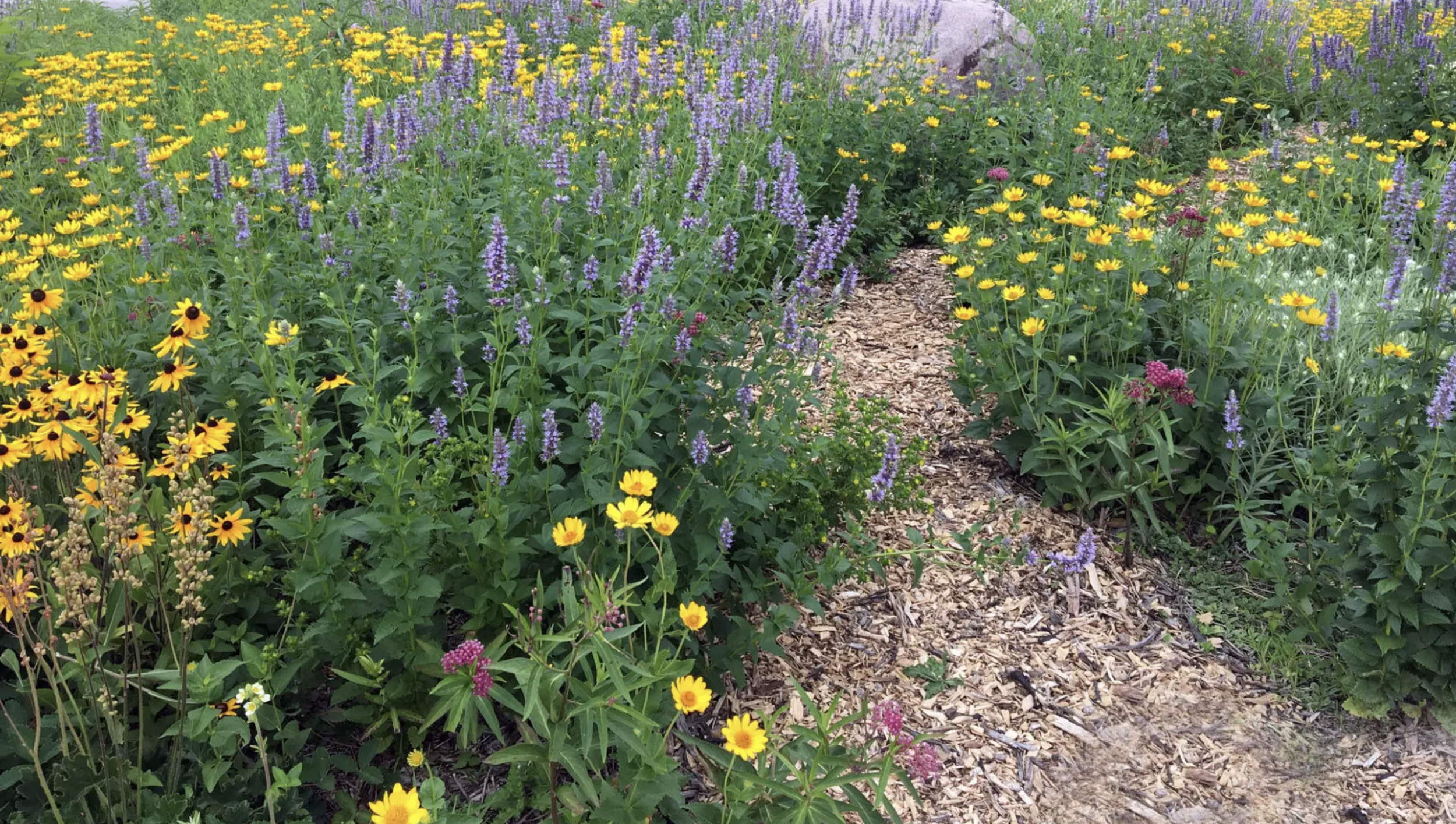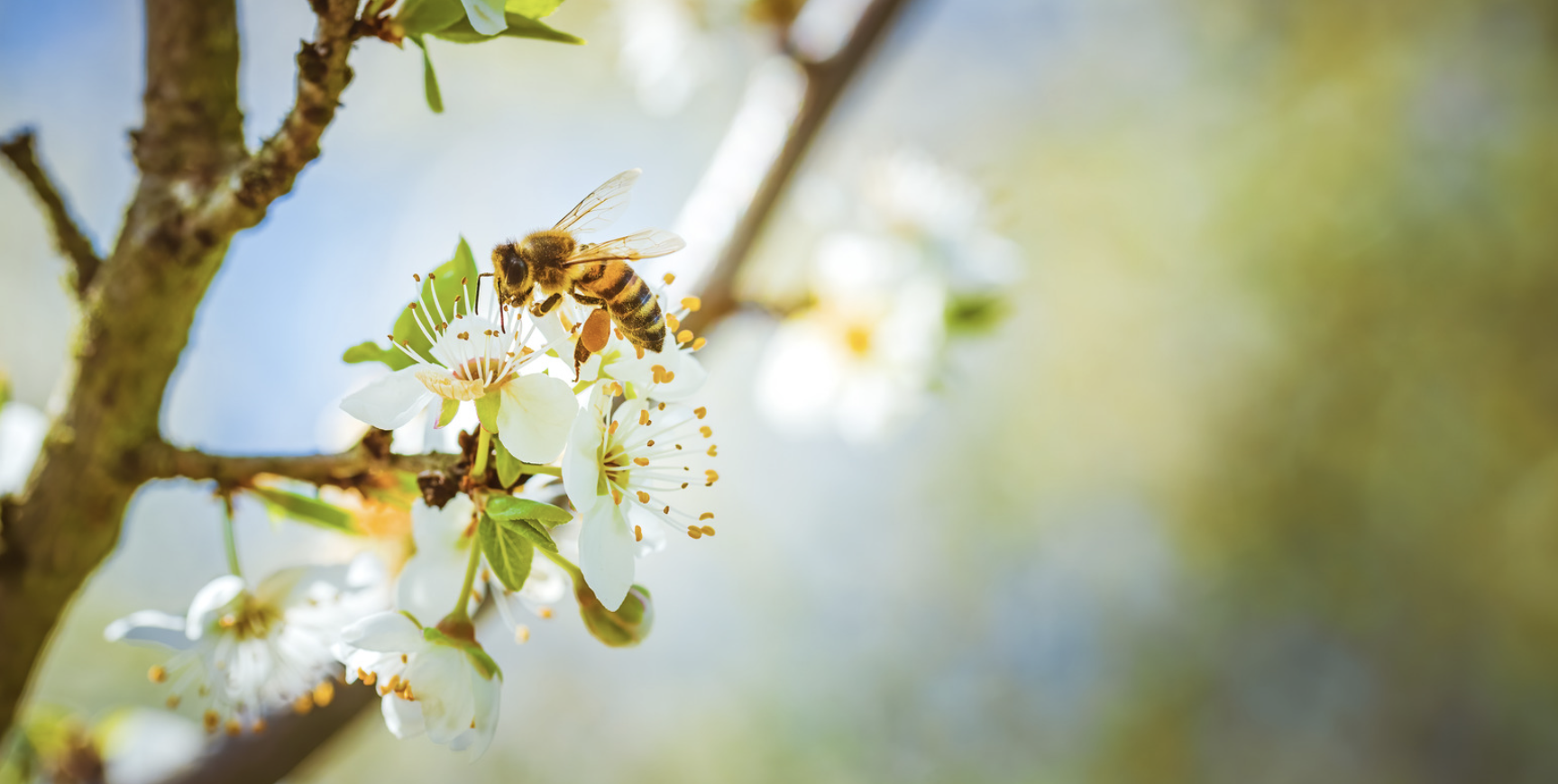
Bringing Learning to Life Through Native Gardens
In K-12 Schools
OUR MISSION
The Little Village Gardens fosters a harmonious relationship between people and nature by empowering individuals through education and sustainable practices. We aim to enhance pollinator populations, create biodiverse habitats, and promote soil health while connecting communities to build a greener, more resilient future for California and beyond.
WHY PLANT POLLINATORS?
Pollinators are vital for human survival due to their critical role in food production and agricultural diversity. Approximately one-third of the food we consume relies on pollination, including fruits, vegetables, nuts, and seeds. Major crops such as apples, almonds, coffee, and blueberries depend on pollinators to reproduce, and their decline could lead to reduced yields and increased food scarcity. Additionally, pollinators contribute to the production of many animal feed crops, supporting livestock and the overall food chain.
Beyond food, they also enhance biodiversity by helping to maintain healthy ecosystems, which provide essential services such as clean water, air purification, and climate regulation. The loss of pollinators could disrupt these services, leading to ecological imbalance and jeopardizing human health and well-being. Therefore, supporting pollinator populations through conservation and planting pollinator-friendly plants is crucial for ensuring a stable food supply and a sustainable environment for future generations.
OUR COMMITMENT
Together, we cultivate stewardship, connect communities, and build a greener, more resilient future for California and beyond. We pledge to foster collaboration and empower individuals to take action in protecting our environment. Through education and sustainable practices, we are dedicated to creating a thriving ecosystem that benefits both people and nature.






